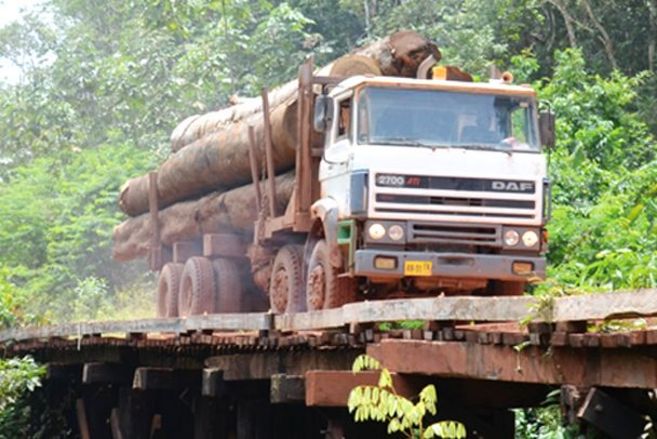Project
REHA - Regional study Harz

REGULUS joint project: REHA - Regional study Harz: Development scenarios for reforestation and their socio-economic impacts | Sub-project 9: Economic valuation of ecosystem services
In the Harz Mountains, large-scale forest damage has occurred due to the combination of dry periods and storm events over several years. Reforestation will take decades, even if it is successfully planned and implemented. In an area such as the Harz Mountains, whose economy is very much based on the pillars of the timber industry and tourism, there is a great risk that these disruptions to the forests and their ecosystem services will also jeopardise the dependent economic sectors and thus the welfare of the regional population. This damage goes far beyond that of direct ecosystem services. However, forest ecosystem functions are the basis for the entire chain of effects and should be addressed together with their effects on the economy and society using an integrated and interdisciplinary scientific approach.
The aim of REHA is to develop a basis for decision-making for the development of a larger region from different professional perspectives in order to lead it out of an acute crisis into an ecologically and socio-economically sustainable future. This is achieved by integrating aspects of forest ecology, forestry technology, wood technology, tourism and economics.
Background and Objective
As most forest ecosystem services are public goods, they do not lead to market income; nevertheless, such services are in demand within society, and the corresponding preferences can also be quantified in monetary terms. This provides an essential information basis not only for welfare economic optimisation, but also for multi-criteria analyses in this regard and, not least, for practical political decisions, for example, when it comes to using financial resources for reforestation as efficiently as possible in such a way that the various concerns of forest owners, wood processors, recreationists, water suppliers and other social groups are met as far as possible.
Most of the existing ecosystem service valuation studies are local or regional case studies, the results of which are not easily transferable to other areas (in this case, the Harz Mountains in particular). The TI-WF therefore developed the multiple benefit transfer model "ReWaLe". It is based on statistical analyses of region-specific determinants for the value of individual forest services and uses these to calculate the regional distribution of these values at district level, and in some cases also at municipal level. By varying the input data, it is also possible to simulate the influences of changed silvicultural starting conditions (insofar as these are value-determining). It currently contains modules for the evaluation of raw wood production from the perspective of society as a whole, carbon storage, local recreation and several indicators for nature conservation and landscape management services; it has a modular design so that other services that have not yet been recorded (such as drinking water protection services) can be integrated into the overall model.
Approach
The ReWaLe model is used for the environmental-economic assessment of the impacts of reforestation scenarios on recreational, nature conservation and climate protection services. For the Harz Mountains, a corresponding downscaling is carried out for adaptation with the help of regionally more differentiated input data of the forests and the population structure from the affected districts. Sensitivity analyses are used to dynamise the results (taking into account temporally changing service outputs due to forest damage and reforestation); indicators from subprojects 6-7 of the joint project are used as input variables.
The central focus of the study is on the assessment of water protection services, for which no assessment results are yet available in Germany (cf. Brouwer & Neverre 2018); the assessment approach used for this purpose was developed in the Vosges Mountains by Abildtrup et al. (2013, 2015) and has already been successfully applied in a similar way in Portugal (Lopes et al. 2018). For this purpose, the influence of the forest on the quality and quantity of the water supply in a water catchment area and its correlation with the supply costs of the regional water suppliers is determined.
Thünen-Contact

Involved Thünen-Partners
Involved external Thünen-Partners
- Nordwestdeutsche Forstliche Versuchsanstalt (NW-FVA)
(Göttingen, Hann. Münden, Deutschland) - Georg-August-Universität Göttingen
(Göttingen, Deutschland) - Fraunhofer-WKI
(Braunschweig, Deutschland) - Niedersächsische Landesforsten
(Wolfenbüttel, Oerrel, Deutschland) - Harzer Tourismusverband
(Goslar, Deutschland)
Funding Body
-
Federal Ministry of Research, Technology and Space (BMFTR)
(national, öffentlich)

Duration
2.2024 - 1.2027
More Information
Project funding number: 033L306D
Funding program: BMFTR - Forschung für Nachhaltigkeit (FONA): REGULUS - Regionale Innovationsgruppen für eine klimaschützende Wald- und Holzwirtschaft
Project status:
ongoing








